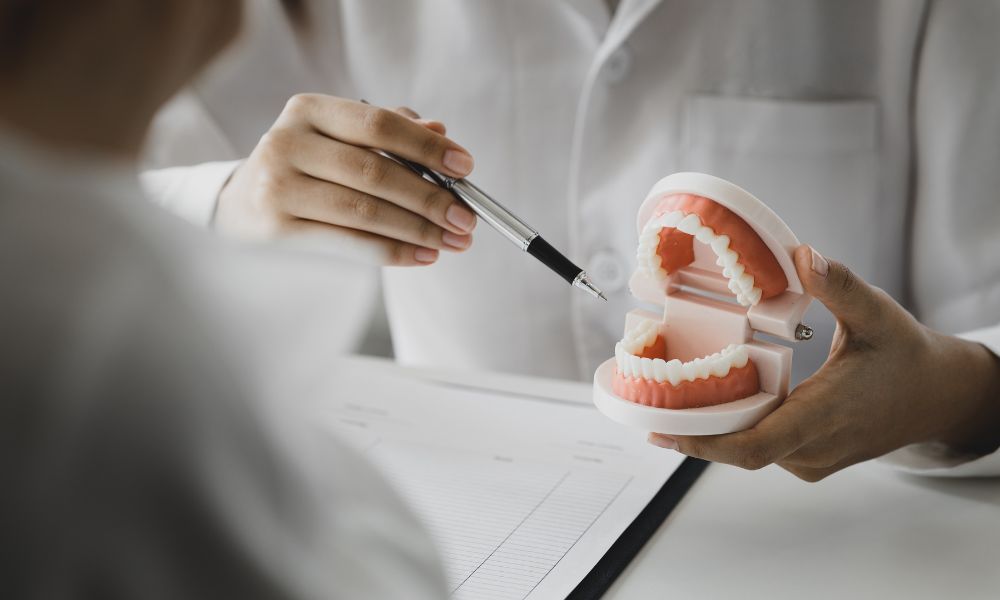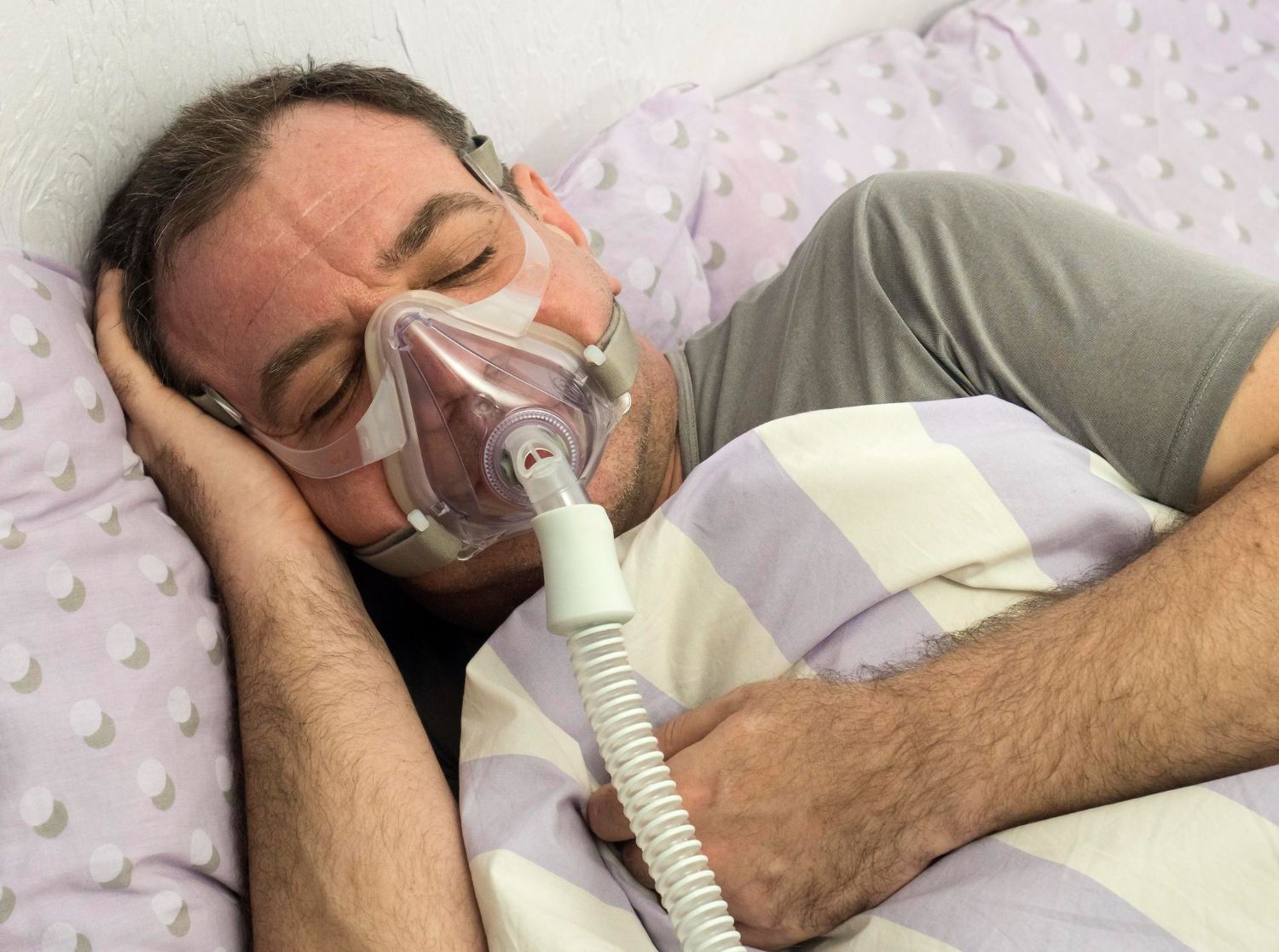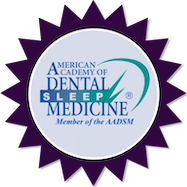Sleep Apnea and Your Heart: Understanding the Connection and the Importance of Dental Sleep Treatments

Sleep apnea, a prevalent yet often underdiagnosed sleep disorder, is characterized by repeated pauses in breathing during sleep. This condition not only disrupts sleep and leads to chronic fatigue but also affects overall health in less obvious, potentially harmful ways. One of the most significant concerns related to sleep apnea is its impact on cardiovascular health. As sleep apnea deprives your body of oxygen and disrupts normal sleep patterns, it can strain your heart and increase your risk of developing serious cardiovascular issues, such as hypertension, heart attacks, and strokes.
At Fuller Sleep & TMJ Solutions, a dental sleep apnea clinic in Greensboro, North Carolina, our team of professionals is dedicated to helping patients manage sleep apnea through comprehensive treatment plans, including customized dental care options like oral appliances and orthodontic interventions. By providing tailored treatment plans, our dental sleep specialists strive to alleviate sleep apnea symptoms, reduce cardiovascular risks, and ultimately improve overall health and well-being.
In this blog post, we aim to explore the connection between sleep apnea and heart health, providing insight into how sleep apnea can contribute to cardiovascular issues and why proactive management of the condition is critical. We will also delve into the role of dental sleep treatments, such as those offered by Fuller Sleep & TMJ Solutions, in addressing sleep apnea and promoting heart health. Our goal is to empower readers with the knowledge they need to understand the significance of addressing sleep apnea and how specialized dental care can play a crucial role in improving both sleep quality and cardiovascular well-being.
Sleep Apnea and Your Heart: Understanding the Connection and the Importance of Dental Sleep Treatments
The Cardiovascular Consequences of Sleep Apnea
Sleep apnea, particularly obstructive sleep apnea (OSA), affects your cardiovascular system in several ways, leading to heightened risks of various health complications. Some potential consequences of untreated sleep apnea on your heart health include:
- Hypertension (high blood pressure): sleep apnea disrupts normal breathing patterns, causing oxygen levels in your blood to drop. This triggers your body's "fight or flight" response, increasing adrenaline production and constricting blood vessels, which can lead to elevated blood pressure.
- Atrial Fibrillation (Irregular Heartbeat): The repeated drops in oxygen levels during sleep disrupt the normal functioning of your heart, increasing the likelihood of developing atrial fibrillation—an irregular and often rapid heart rate.
- Heart Attacks and Strokes: Sleep apnea contributes to the formation of blood clots and inflammation, increasing your risk of experiencing life-threatening heart attacks and strokes.
- Heart Failure: The strain sleep apnea places on your heart can ultimately lead to heart failure, where your heart is unable to pump enough blood to meet your body's needs.
Managing Sleep Apnea for Better Heart Health
To protect your heart and minimize the risks of cardiovascular complications, it is essential to address sleep apnea through a combination of lifestyle changes and dental sleep treatments. Some effective management strategies include:
- Weight Loss and Exercise: Excess weight, particularly around the neck, can contribute to airway obstruction and sleep apnea. Losing weight through a healthy diet and regular exercise can significantly reduce sleep apnea severity and improve cardiovascular health.
- Positional Therapy: For some individuals, sleep apnea may occur primarily when sleeping in certain positions, such as on the back. Using pillows or devices to maintain a side-sleeping position can help alleviate airway obstruction and ensure better sleep quality.
- Continuous Positive Airway Pressure (CPAP): CPAP therapy involves the use of a device that delivers a steady stream of air pressure through a mask to keep the airway open during sleep. While effective in treating sleep apnea, some individuals may find CPAP machines uncomfortable or cumbersome, opting for alternative treatments such as dental sleep interventions.
Dental Sleep Treatments for Improved Sleep and Heart Health
At Fuller Sleep & TMJ Solutions, our dental sleep specialists provide personalized treatment options to address sleep apnea and its impact on heart health. Some dental treatments for sleep apnea include the following:
- Custom Oral Appliances: Oral appliances are a less intrusive alternative to CPAP therapy for individuals with mild to moderate sleep apnea. These custom-fitted devices reposition the lower jaw or tongue to help maintain an open airway during sleep, resulting in reduced sleep apnea symptoms and improved cardiovascular health.
- Orthodontic Interventions: Orthodontic treatments, such as braces or clear aligners, can resolve dental or jaw issues contributing to sleep apnea. By optimizing jaw alignment and airway space, orthodontics can play a crucial role in improving sleep quality and minimizing cardiovascular risks.
- Collaborative Care: Dental sleep doctors at Fuller Sleep & TMJ Solutions work alongside primary care physicians, sleep physicians, and ear, nose, and throat (ENT) specialists to develop a comprehensive treatment plan tailored to each patient's needs. This collaborative approach ensures a holistic strategy for managing sleep apnea and enhancing heart health.
The Importance of Regular Follow-Up and Monitoring
An essential aspect of sleep apnea management is regular follow-up and monitoring to track your progress and adjust treatment plans accordingly. At Fuller Sleep & TMJ Solutions, our team remains committed to providing ongoing care to ensure the most effective treatment and support long-term improvements in sleep quality and heart health.
Understanding the connection between sleep apnea and heart health is critical in taking proactive steps to manage the condition and minimize the risks of severe cardiovascular complications. By incorporating a combination of lifestyle changes and specialized dental sleep treatments like those offered at Fuller Sleep & TMJ Solutions, individuals can effectively address their sleep apnea symptoms and promote better overall health and well-being.
At Fuller Sleep & TMJ Solutions, our dental sleep specialists are dedicated to helping you achieve optimal sleep quality and improved cardiovascular health through customized sleep apnea treatment plans tailored to your unique needs. Contact Fuller Sleep & TMJ Solutions today to embark on the path toward better sleep and a healthier heart.
Disclaimer: Our blog articles serve to educate readers about various treatment options for sleep apnea, and TMJ disorders. It's important to understand that while we discuss multiple treatments, in our posts, not all of these options may be accessible at our clinic. We encourage you to reach out and schedule a consultation with us. This way, we can carefully devise a personalized treatment plan that caters to your specific needs













